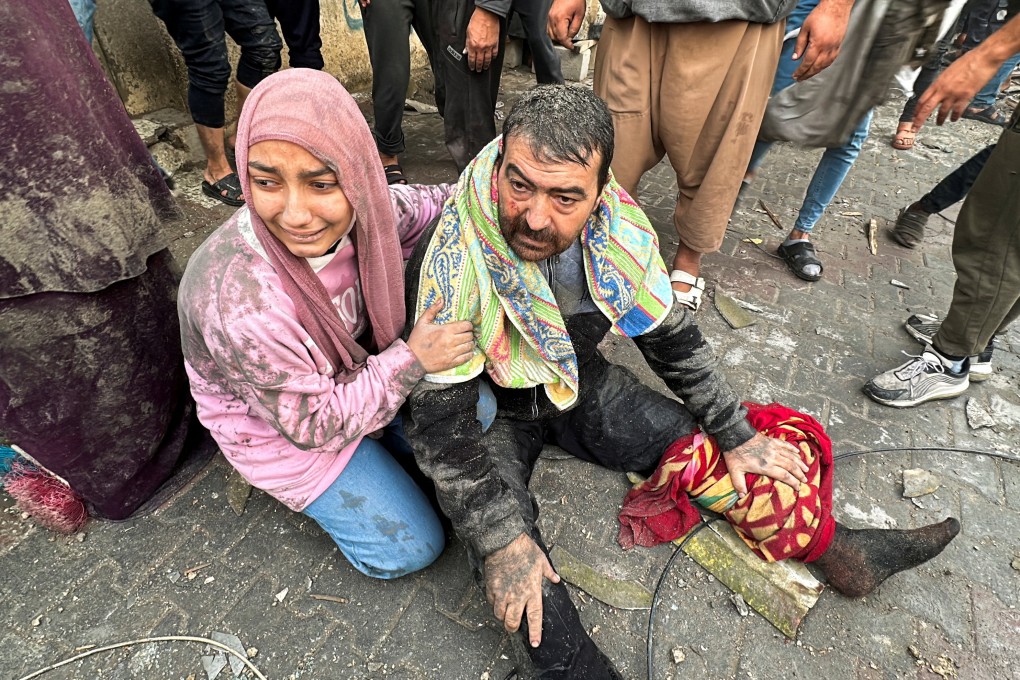UN General Assembly demands humanitarian ceasefire in Israel-Gaza war
- Vote in the 193-member world body was 153 in favour, 10 against and 23 abstentions
- General Assembly resolution showed growing isolation of the United States and Israel

The United Nations on Tuesday demanded an immediate humanitarian ceasefire in the Israel-Gaza war after more than three-quarters of the 193-member General Assembly backed the move, which had been vetoed by the United States in the Security Council last week.
The United States does not have a veto in the General Assembly. It voted against the resolution, along with Israel and eight other countries. The resolution was adopted to a round of applause with 153 votes in favour, while 23 countries abstained from the vote.
Palestinian UN envoy Riyad Mansour, citing large pro-Palestinian protests around the world, said the US could not continue “to ignore this massive power”. He described the General Assembly vote as a culmination of public sentiment.
“It is our collective duty to continue on this path until we see an end to this aggression against our people, to see this war stopping against our people. It is our duty to save lives,” he told reporters, with Arab ambassadors standing alongside him.
